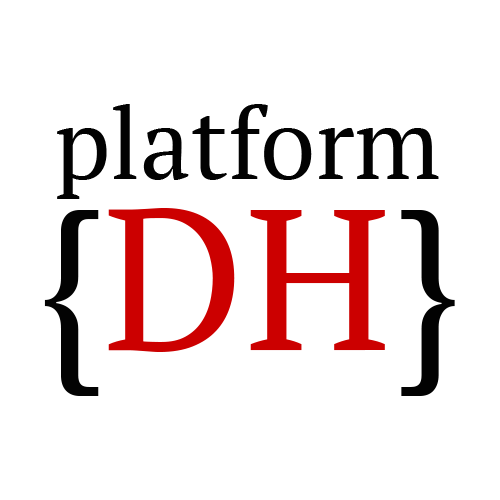Spanish Literature and Linguistics Workshop on Correlations
S.R. 012 Rodestraat 14, Antwerpen, BelgiumIn this two-hour workshop, we will learn how to use linguistic and literary features to evaluate several hypotheses about Spanish literature. Organised with the specific purpose of reaching the students of Spanish Language and Literature who are interested in DH in mind, this workshop will be taught completely in Spanish.





